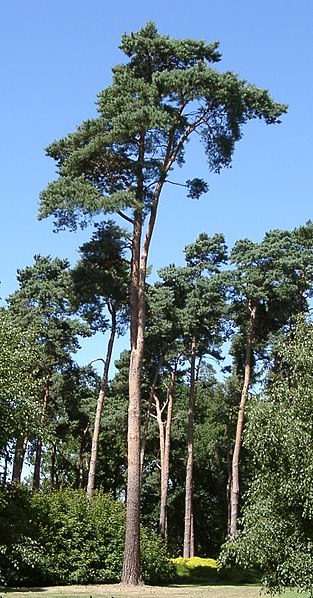Infinite photos and videos for every Wiki article ·
Find something interesting to watch in seconds
Celebrities
Ancient Marvels
Sports
Presidents
Best Campuses
Famous Castles
Great Museums
Animals
Richest US Counties
Tallest Buildings
Largest Palaces
Kings of France
Wars and Battles
British Monarchs
Largest Empires
History by Country
Orders and Medals
Rare Coins
Crown Jewels
Wonders of Nature
Countries of the World
Great Artists
World Banknotes
Recovered Treasures
Great Cities
Supercars
more top lists





